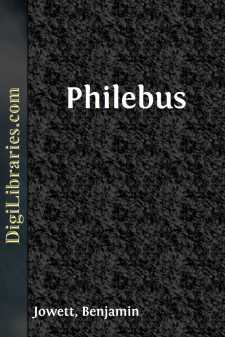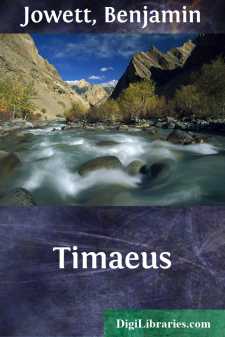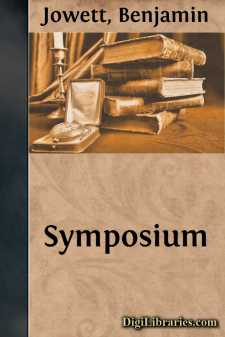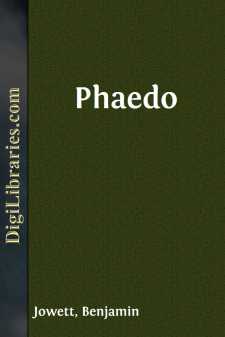Categories
- Antiques & Collectibles 13
- Architecture 36
- Art 48
- Bibles 22
- Biography & Autobiography 813
- Body, Mind & Spirit 142
- Business & Economics 28
- Children's Books 17
- Children's Fiction 14
- Computers 4
- Cooking 94
- Crafts & Hobbies 4
- Drama 346
- Education 46
- Family & Relationships 57
- Fiction 11829
- Games 19
- Gardening 17
- Health & Fitness 34
- History 1377
- House & Home 1
- Humor 147
- Juvenile Fiction 1873
- Juvenile Nonfiction 202
- Language Arts & Disciplines 88
- Law 16
- Literary Collections 686
- Literary Criticism 179
- Mathematics 13
- Medical 41
- Music 40
- Nature 179
- Non-Classifiable 1768
- Performing Arts 7
- Periodicals 1453
- Philosophy 64
- Photography 2
- Poetry 896
- Political Science 203
- Psychology 42
- Reference 154
- Religion 513
- Science 126
- Self-Help 84
- Social Science 81
- Sports & Recreation 34
- Study Aids 3
- Technology & Engineering 59
- Transportation 23
- Travel 463
- True Crime 29
Cratylus
by: Benjamin Jowett
Description:
Excerpt
INTRODUCTION.
The Cratylus has always been a source of perplexity to the student of Plato. While in fancy and humour, and perfection of style and metaphysical originality, this dialogue may be ranked with the best of the Platonic writings, there has been an uncertainty about the motive of the piece, which interpreters have hitherto not succeeded in dispelling. We need not suppose that Plato used words in order to conceal his thoughts, or that he would have been unintelligible to an educated contemporary. In the Phaedrus and Euthydemus we also find a difficulty in determining the precise aim of the author. Plato wrote satires in the form of dialogues, and his meaning, like that of other satirical writers, has often slept in the ear of posterity. Two causes may be assigned for this obscurity: 1st, the subtlety and allusiveness of this species of composition; 2nd, the difficulty of reproducing a state of life and literature which has passed away. A satire is unmeaning unless we can place ourselves back among the persons and thoughts of the age in which it was written. Had the treatise of Antisthenes upon words, or the speculations of Cratylus, or some other Heracleitean of the fourth century B.C., on the nature of language been preserved to us; or if we had lived at the time, and been 'rich enough to attend the fifty-drachma course of Prodicus,' we should have understood Plato better, and many points which are now attributed to the extravagance of Socrates' humour would have been found, like the allusions of Aristophanes in the Clouds, to have gone home to the sophists and grammarians of the day.
For the age was very busy with philological speculation; and many questions were beginning to be asked about language which were parallel to other questions about justice, virtue, knowledge, and were illustrated in a similar manner by the analogy of the arts. Was there a correctness in words, and were they given by nature or convention? In the presocratic philosophy mankind had been striving to attain an expression of their ideas, and now they were beginning to ask themselves whether the expression might not be distinguished from the idea? They were also seeking to distinguish the parts of speech and to enquire into the relation of subject and predicate. Grammar and logic were moving about somewhere in the depths of the human soul, but they were not yet awakened into consciousness and had not found names for themselves, or terms by which they might be expressed. Of these beginnings of the study of language we know little, and there necessarily arises an obscurity when the surroundings of such a work as the Cratylus are taken away. Moreover, in this, as in most of the dialogues of Plato, allowance has to be made for the character of Socrates. For the theory of language can only be propounded by him in a manner which is consistent with his own profession of ignorance. Hence his ridicule of the new school of etymology is interspersed with many declarations 'that he knows nothing,' 'that he has learned from Euthyphro,' and the like....












